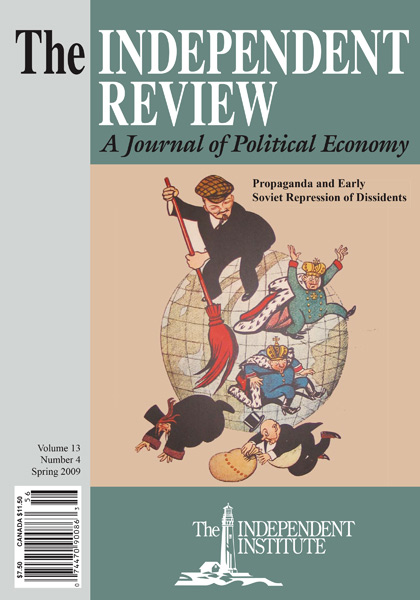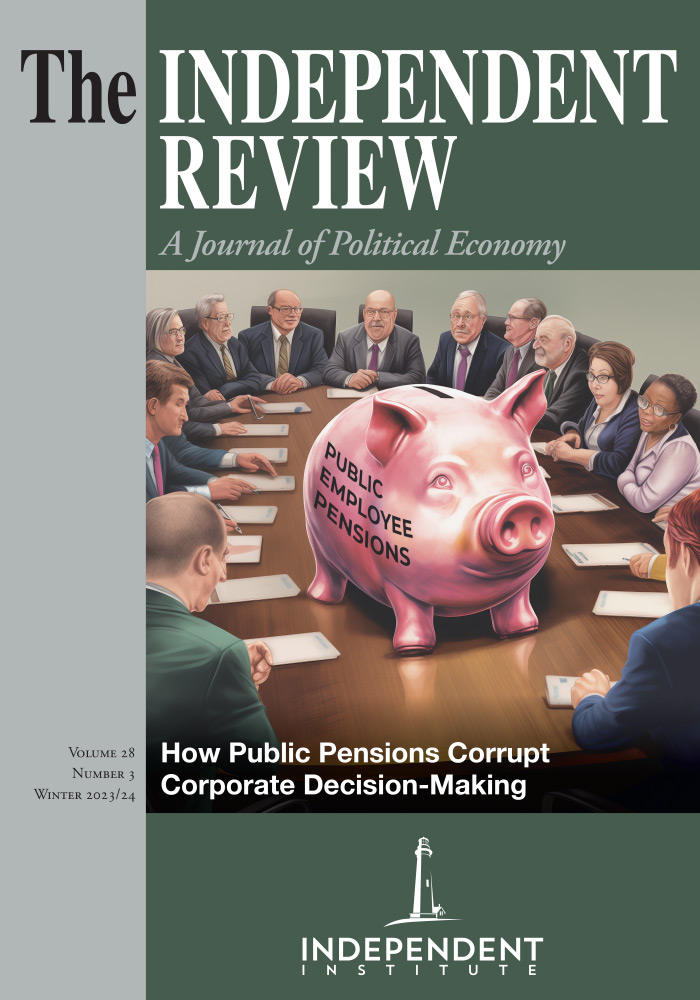Vladimir Lenin is often portrayed sympathetically as a leader who was willing to tolerate open discussion and debate, leading to speculation that the Soviet Union would have developed a more humane form of socialism had he lived. Yet, in one of his last major acts, Lenin initiated the deportation or internal exile of “non-Communist” physicians, which soon broadened into a general witch-hunt against independent intellectuals and professionals.
Paul R. Gregory is the Cullen Professor of Economics at the University of Houston, research fellow at the Hoover Institution, and a research professor at the German Institute for Economic Research in Berlin.
| Other Independent Review articles by Paul R. Gregory | |
| Spring 2018 | One Day We Will Live without Fear: Everyday Lives Under the Soviet Police State |
| Fall 2017 | The Black Swan of the Russian Revolution |









